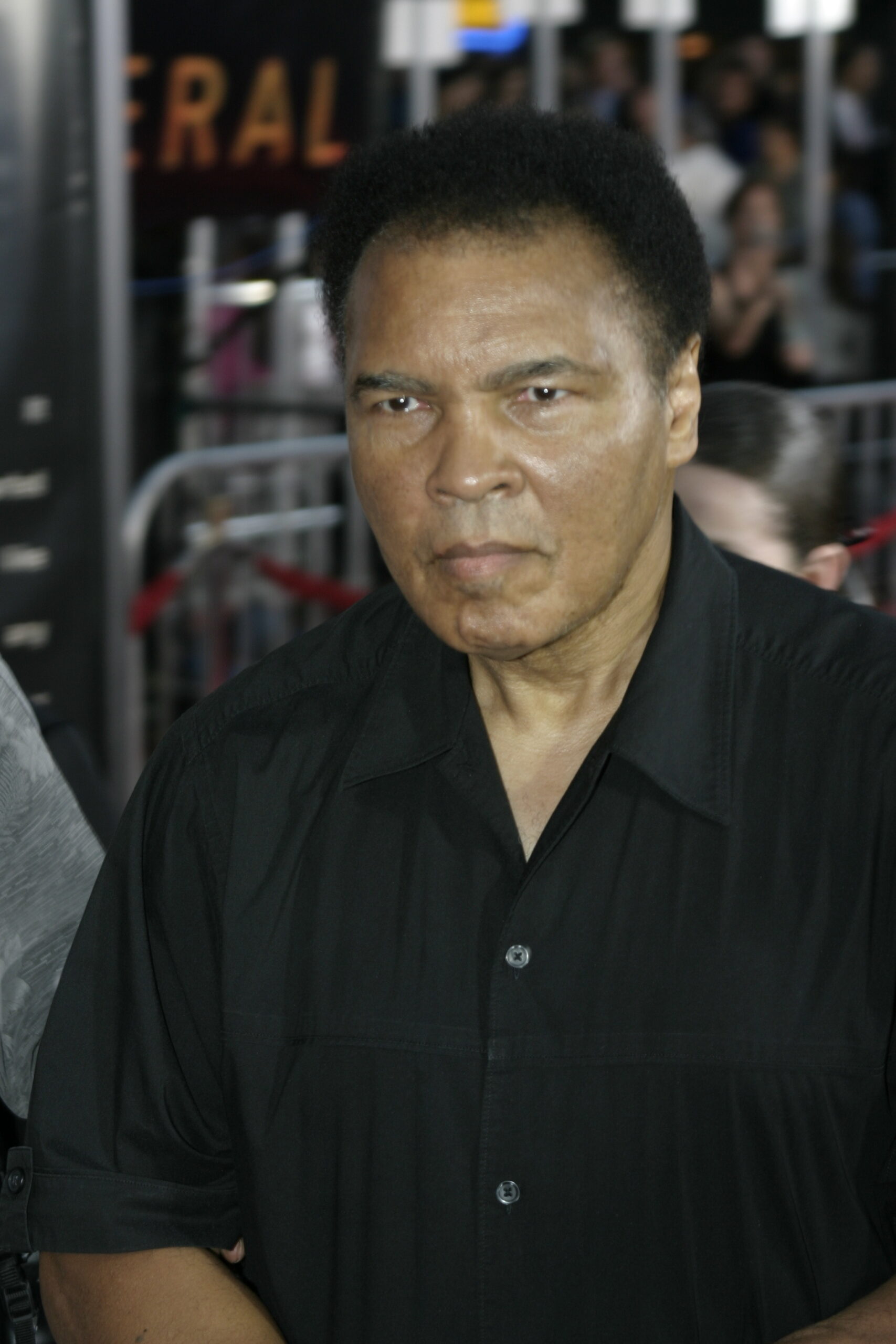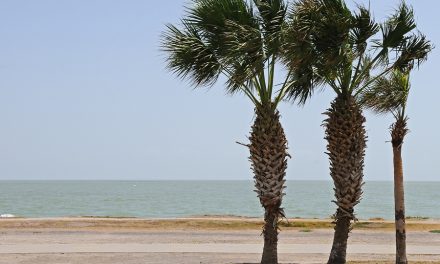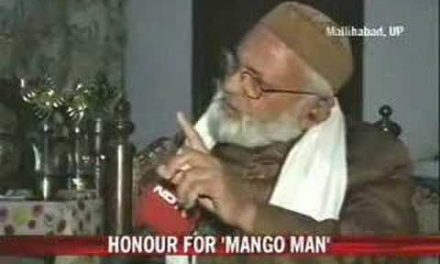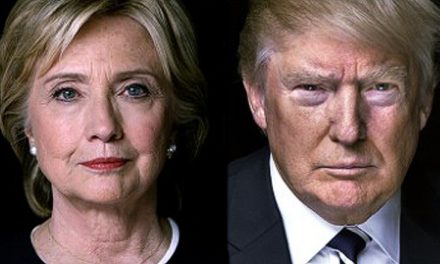Muhammad Ali, the Louisville-born boxing champion who inspired love and hate — and finally became a global symbol of peace and reconciliation — died Friday following respiratory complications. He was 74.
In Louisville, Mayor Greg Fischer ordered flags at all city government buildings to be lowered to half-staff and remain so until he is laid to rest.
Ali’s funeral took place in Louisville, KY on Friday. It included a motorcade through the city, private burial at Cave Hill cemetery and a public memorial at the KFC Yum! Center with eulogies by former President Bill Clinton, Billy Crystal and Bryant Gumbel. The funeral plans were made years ago based on Ali’s wishes- he wanted the memorial to be “open to everyone”.
Family spokesman, Bob Gunnell, said in a statement, “The Ali family would like to thank everyone for their thoughts, prayers, and support and asks for privacy at this time.”
Over the years, his family has taken great pains to shield the champion’s declining health. But, after it became clear this week that his condition wasn’t going to improve, the entire family was able to make it to the Scottsdale-area hospital during his final 24 hours, to say goodbye. The boxing great officially died of septic shock from unspecified natural causes on Friday at 9:10 p.m. mountain time. Ali did not suffer.
Even as his health declined, Ali appeared as late as 2015 at award ceremonies and fundraisers, and in recent years made visits to Louisville’s Muhammad Ali Center, a museum opened in 2005 to celebrate his life and carry on his humanitarian efforts.
While Ali and his family recently kept homes in Louisville and the Phoenix area, he was as much a citizen of the world — often called the most recognizable person on Earth. And that was part of the reason the family wanted to have a celebration and a memorial service that was open to everyone, from all walks of life.
Mayor Greg Fischer, “As a boxer, he became The Greatest, though his most lasting victories happened outside the ring. Muhammad leveraged his fame as a platform to promote peace, justice and humanitarian efforts around the world, while always keeping strong ties to his hometown. Today, Muhammad Ali’s fellow Louisvillians join the billions whose lives he touched worldwide in mourning his passing, celebrating his legacy, and committing to continue his fight to spread love and hope.”
Originally known as Cassius Clay, Ali was the first man to win the world heavyweight title three times, the first at 22 with an electrifying upset of 7-1 favorite, Sonny Liston in 1964. The next day he announced his conversion to Islam and soon after shared his new name, Muhammad Ali.
Three years into his reign as champion, Ali, who opposed the Vietnam War, refused induction into the Army in 1967 as a conscientious objector. He would later say, “I ain’t got no quarrel with them Viet Cong. No Viet Cong ever called me ‘n****r.'”
Boxing authorities immediately stripped him of his title and two months later, he was tried for draft evasion and sentenced to five years in prison. Congressmen and columnists condemned him as an unpatriotic coward- his peaceful instincts had only seemingly surfaced once his draft status was upgraded to 1-A (the group most likely to be called)- but he would later tell a college audience, “I would like to say to you who think I have lost so much, I have gained everything. I have peace of heart; I have a clear, free conscience. And I’m proud. I wake up happy. I go to bed happy. And if I go to jail, I’ll go to jail happy. Boys go to war and die for what they believe in, so I don’t see why the world is so shook up over me suffering for what I believe.”
However, most remember him as anything but a coward. In fact, former Courier-Journal sports columnist Dave Kindred described Ali with a word that might have once seemed unthinkable: “He was one thing, always. He was always brave.”
While his legal appeal made its way through the courts, he stayed out of prison AND out of the ring (from 1967-70). His conviction was eventually overturned by the U.S. Supreme Court in 1971.
After returning to the ring, he was a different fighter, his speed and reflexes had diminished. He defeated Gerry Cooney in Atlanta in 1970 but then suffered his first loss, to Joe Frazier, in 1971.
The doctor in Ali’s corner during many fights, Ferdie Pacheco, explained:
“In the early days, he fought as if he had a glass jaw and was afraid to get hit. He had the hyper reflexes of a frightened man. He was so fast that you had the feeling, ‘This guy is scared to death; he can’t be that fast normally.’ Well, he wasn’t scared. He was fast beyond belief — and smart. Then he went into exile, and when he came back, he couldn’t move like lightning anymore. Everyone wondered, ‘What happens now when he gets hit?’ That’s when we learned something else about him. That sissy-looking, soft-looking, beautiful-looking, child-man was one of the toughest guys who ever lived.”
He would fight 61 times in the ring and win 56 times- 37 of them by KO (knock out).
RIP Muhammad Ali. You will be missed.
The family has requested that any contributions or gifts be made to the Muhammad Ali Center: alicenter.org.
Source: Courier- Journal












